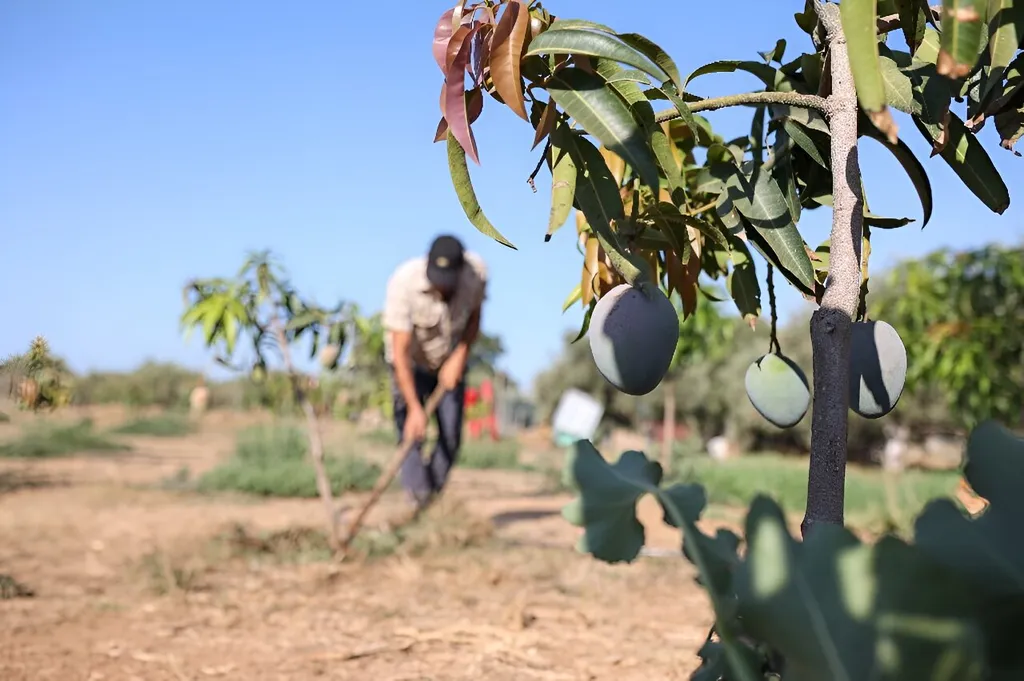In the heart of Greece, a researcher is championing a cause that could reshape the future of agriculture, particularly in the face of climate change. Nikolaos Polyzos, from the University of Thessaly, is leading the charge in exploring the potential of wild edible plants (WEPs) as a viable solution for sustainable and eco-friendly cropping systems. His recent review, published in the journal ‘Frontiers in Horticulture’ (which translates to ‘Frontiers in Horticulture’ in English), sheds light on the promising prospects of integrating WEPs into modern farming systems, offering a beacon of hope for the agricultural sector.
The Mediterranean basin, a hotspot of biodiversity, is home to a vast array of WEPs. These plants, known for their adaptability and minimal agricultural input requirements, could be the key to overcoming the challenges posed by climate change. Polyzos emphasizes, “The integration of WEPs in modern cropping systems is not just a viable solution, but a necessary strategy to safeguard food security, especially in arid and semi-arid regions.”
The review highlights the recent scientific trends in the propagation of WEPs through in vitro techniques, optimal cultivation practices, and their integration into modern cropping systems. It also delves into the response of WEPs to abiotic stressors like salinity, heat, and drought, and their potential use in phytoremediation. Polyzos notes, “WEPs have a wide range of adaptability, making them an interesting addition to the market niche for super and healthy foods that modern consumers are increasingly seeking.”
The commercial impacts of this research are significant. As the demand for healthy and sustainable food options grows, WEPs could become a valuable addition to the market. Their cultivation could also contribute to climate mitigation strategies, offering a sustainable solution for the agricultural sector.
Polyzos’s research is a stepping stone towards the further valorization of WEPs. It opens up new avenues for exploration and innovation in the field of agriculture, particularly in the context of climate change. As we grapple with the ongoing environmental crisis, the integration of WEPs into modern farming systems could be a game-changer, offering a sustainable and eco-friendly solution for the future of agriculture.
In the words of Polyzos, “The future of agriculture lies in our ability to adapt and innovate. WEPs offer a promising path forward, one that is sustainable, eco-friendly, and resilient in the face of climate change.” His research is a testament to this vision, paving the way for a future where agriculture and sustainability go hand in hand.

